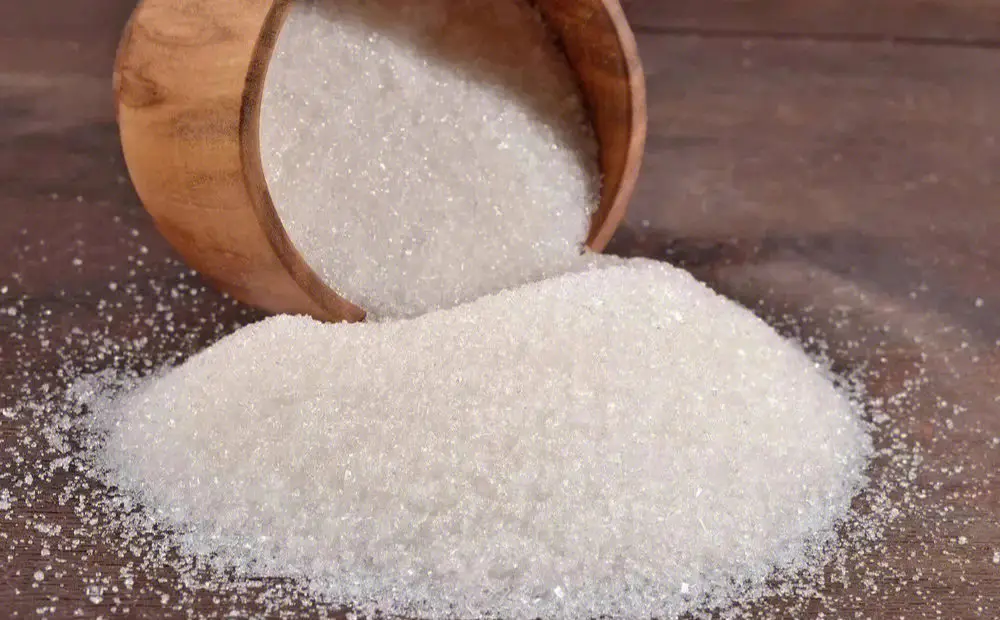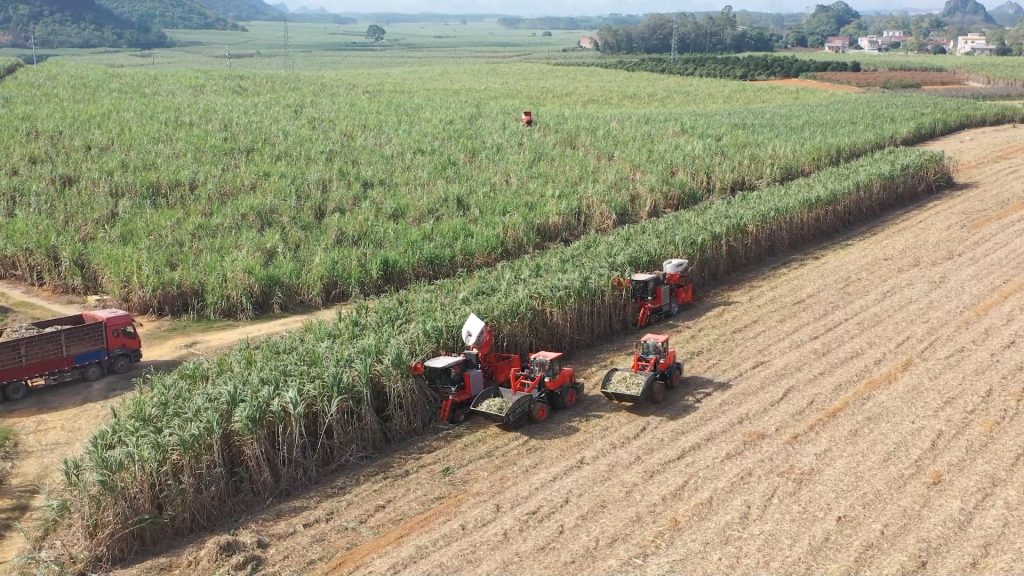What you didn’t know about the sugar producing countries and the countries with the highest sugar consumption.


Brazil, India and China are the top sugar producing countries; together they account for 41% of global production. If we talk about Brazil, its position in the sugar industry is due to its vast sugarcane fields and favorable climate. However, due to government regulations and global biofuel demand, a large portion of Brazil's sugarcane harvest is diverted to ethanol production. At the other end of the supply chain, the United Arab Emirates, Brazil, Cuba and Malaysia are the countries with the highest sugar consumption.
The white refined sugar we see comes from sugar cane or sugar beet, and the growth of these two sugar crops determines a country's ability to produce processed sugar. Sugarcane, native to tropical southern Asia, is the world's most produced crop, with more than 1.966 billion tons produced last season. After cutting, the sugarcane stems are crushed to extract the juice, which is then purified and crystallized to produce raw sugar.
Interestingly, beets are a root crop that many people don’t think of as a source of sugar, but it certainly is. Of the top 20 sugar-producing countries, 4 are heavily dependent on sugar beets, namely the United States, Russia, Ukraine and France, as sugar beets are primarily grown in cooler climates in the northern hemisphere.
Sugarcane is also the most consumed crop in the world, with global consumption reaching 1.966 billion tons in the 2021/2022 crop year.

Global sugar market overview
According to a report by MarketsandMarkets, the global sugar market size was valued at USD 46.4 billion in 2023 and is expected to reach USD 59.1 billion by 2028. The market will grow at a CAGR of 5% from 2023 to 2028 on account of rising demand for processed food and beverages.
The food and beverage industry is an important consumer industry for raw sugar and affects market trends to a great extent. According to the Centers for Disease Control and Prevention (CDC), young Americans consume 143 calories a day from SSBs (sugar-sweetened beverages), compared with 145 calories for older adults. If we talk about average sugar consumption (including beverages, refined sugar, etc.), American adults consume 17 teaspoons of added sugar per day, which is 2-3 times higher than the American Heart Association recommendation.
While refined sugar's raw calories have been linked to obesity and other health problems, it's crucial to the beverage and processed food industries. For example, The Coca-Cola Company (NYSE: KO) offers products under more than 500 brands in more than 200 countries and territories. As a major producer of sugar-sweetened beverages, the company's sugar procurement strategy and demand largely influence global sugar prices and market trends. Likewise, PepsiCo Inc. (NASDAQ: PEP ) owns several well-known brands such as Pepsi-Cola, Mountain Dew, and Gatorade. Naturally, the company is one of the world's largest buyers of sugar.
In addition to the beverage industry, the confectionery industry also relies heavily on raw sugar. Beloved brands like Milka, Trident and Cadbury drive Mondelez International Inc.'s (NASDAQ: MDLZ ) high sugar usage.
The biofuel industry, specifically ethanol production, is another off-taker of raw sugar. Brazil is the world's largest sugar producer and uses most of its sugarcane crop to produce ethanol. Therefore, companies like Archer Daniels Midland Corporation (NYSE: ADM ) are stakeholders in the sugar market. Growing demand for biofuels could spur increased sugar production and potentially lead to higher prices.
Now let us list the top countries for sugar production.(Click here to view)←




